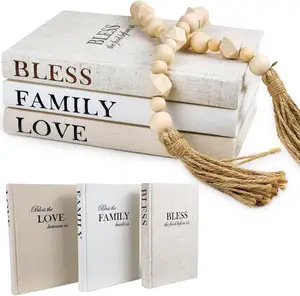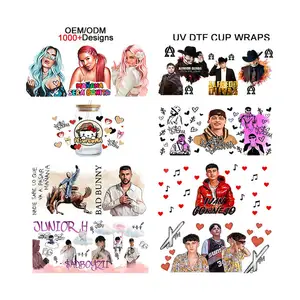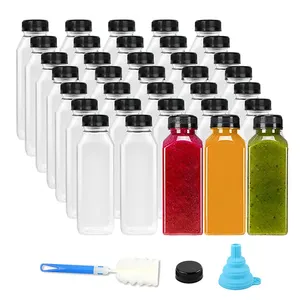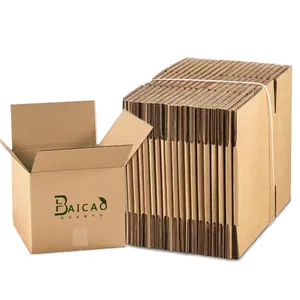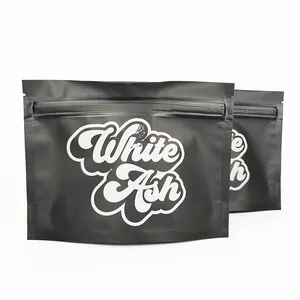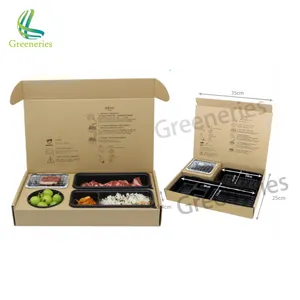Popular in your industry
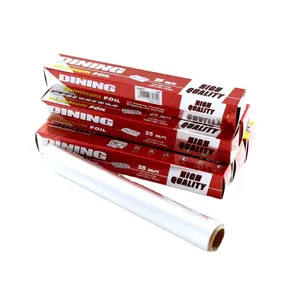







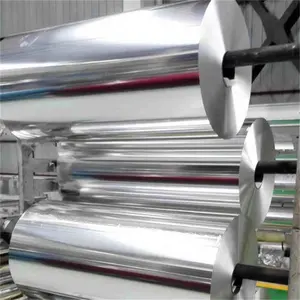

















































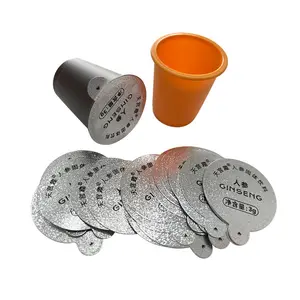































































































































































Top categories
About metal foil
What are Metal Foil
Metal foils are thin sheets of metal that have been compressed or rolled into very slim, flexible layers. This material is characterized by its malleability, which allows it to be shaped and contorted without breaking or losing its integrity. The thickness of metal foil can vary, but it is generally thin enough to be bent or wrapped around objects with ease. Metal foils serve a multitude of purposes across various industries, ranging from culinary applications in the kitchen to technical uses in the aerospace and electronics sectors.
Primarily used for their barrier properties, metal foils act as excellent shields against light, oxygen, and moisture, making them an indispensable resource in food packaging to ensure freshness and prevent spoilage. In the construction industry, metal foils are often utilized for insulation purposes due to their reflective qualities that help maintain temperature control within buildings. Furthermore, in the field of cosmetics, metal foils are employed to seal and protect products such as face creams and essential oils, ensuring product integrity and longevity.
The production of metal foil involves a complex process of rolling and annealing, where the metal is heated and cooled under controlled conditions to enhance its properties like flexibility and strength. The resultant product is a versatile material that can be used as-is or treated further with coatings, printing, or compositing to tailor it for specific applications. Metal foil is fundamental for businesses that require reliable packaging solutions or need materials that provide effective protection against environmental factors.
Types of Metal Foil
A variety of metal foils exist to meet the diverse needs of industries worldwide. Each type offers unique characteristics suitable for specific applications:
Aluminum Foil: Perhaps the most widely recognized type of metal foil, aluminum foil is commonly used in kitchens for food wrapping due to its ability to withstand high temperatures and resist moisture. It's also utilized in the pharmaceutical industry for blister packs and in electronics for its conductive properties.
Copper Foil: Known for its electrical conductivity, copper foil is frequently found in circuit boards and battery technologies. It's also used in arts and crafts because of its decorative appeal.
Titanium Foil: Owing to its high strength-to-weight ratio and corrosion resistance, titanium foil finds usage in aerospace applications, medical devices, and chemical processing equipment.
Gold Foil: For applications that require an opulent finish or excellent reflectivity, gold foil is a premium choice. Its applications span from culinary (edible gold) to electronics (connectors) due to its non-reactive nature.
Stainless Steel Foil: This type offers exceptional durability and resistance to heat and corrosion. It's often employed in automotive exhaust systems, precision engineering, and as a tool wrap in heat treatments.
Each type of metal foil presents unique advantages depending on the intended use. It's crucial for businesses to understand these variations when selecting the right foil for their needs.
How to choose Metal Foil
Choosing the right metal foil for business needs requires careful consideration of several factors:
Material Properties: It's essential to evaluate the specific attributes of different metal foils such as aluminum alloy or copper sheets in terms of their strength, flexibility, resistance to corrosion, and thermal/electrical conductivity.
Application: The intended use significantly influences the choice of metal foil. For instance, if the foil is needed for insulation purposes in construction, one must look for options with good reflective properties. If it's meant for packaging food products, food-grade materials with moisture-proof features are necessary.
Thickness and Temper: The thickness (gauge) of the foil affects its durability and usability. A thicker foil might be more suitable for industrial applications where ruggedness is key. The temper or hardness (soft, hard, half-hard) also dictates how easily the foil can be manipulated or if it retains shape after bending.
Treatment Requirements: Depending on the final product requirements, businesses may need treated foils such as coated for extra barrier protection or printed foils for branding purposes.
When considering these factors on Alibaba.com's platform, businesses can utilize various filtering options provided by suppliers' metadata like "food grade," "moisture proof," or "eco-friendly," despite some inconsistencies due to user-generated content.
Best Metal Foil on Alibaba.com
Alibaba.com has established itself as an expansive marketplace connecting businesses with a vast array of suppliers offering different types of metal foil suited for a multitude of commercial purposes. Whether you're in the market for industrial-grade aluminum alloy foils or decorative gold sheets for ornate detailing work, Alibaba.com stands out as a go-to wholesale destination with a plethora of options tailored to meet specific business requirements.
The platform not only provides an extensive selection but also facilitates ease of trade through features like mobile buying compatibility and multilingual communication support—reflecting Alibaba.com's commitment to making global commerce more accessible. With additional services like Trade Assurance safeguarding transactions until delivery fulfillment, buyers can conduct business with confidence knowing that their interests are protected.
Furthermore,. Alibaba.com empowers small and medium-sized enterprises around the world by offering online trade solutions that cater to their evolving needs. Its global reach across over 190 countries underscores the vast potential for businesses to find exactly what they need when it comes to sourcing wholesale metal foil without compromising on quality or dependability.
Common FAQs for Metal Foil
What are the primary uses of metal foil in industry?
Metal foils are used in various industrial applications such as insulation in construction, packaging for food and pharmaceuticals, electrical conductivity in electronics, and decoration.
How does the thickness of metal foil affect its application?
The thickness of metal foil determines its strength, flexibility, and suitability for different applications. Thicker foils are typically used for industrial purposes where durability is key, while thinner foils are more common in packaging and decorative uses.
What should be considered when selecting a metal foil for food packaging?
For food packaging, it is crucial to choose a metal foil that is food-grade, moisture-proof, and possesses the necessary barrier properties to protect the contents from light, oxygen, and contamination.
Can metal foil be customized with printing or coatings?
Yes, metal foils can undergo treatments such as coating and printing to enhance their barrier properties, add visual appeal, or include branding and product information.
Is aluminum foil eco-friendly?
Aluminum foil can be considered eco-friendly if it is recycled properly. Recycling aluminum requires less energy compared to producing new aluminum, making it a more sustainable choice when recycled.
What is meant by "temper" in metal foils?
The temper of metal foils refers to their hardness level. It determines how easily the foil can be bent or shaped and whether it holds its form after manipulation.
Are there any special considerations for using metal foil in construction?
When using metal foil in construction for insulation purposes, it is important to consider its reflective properties for temperature control as well as compliance with building codes and regulations.
How do I ensure the quality of metal foil when purchasing in bulk?
To ensure quality when purchasing metal foil in bulk, look for suppliers who provide detailed product specifications, adhere to industry standards, and offer samples or certifications if necessary.
What types of metal foil are best suited for electronic applications?
Metal foils such as copper and aluminum are commonly used in electronics due to their excellent electrical conductivity and heat dissipation properties.
